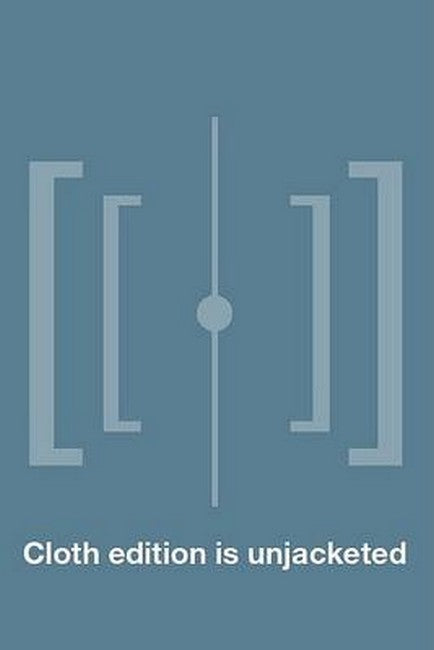Having spearheaded the bourgeoning Nouvelle Vague scene in the late 1950s and developed a distinctive style involving still images, Chris Marker (born Christian François Bouche-Villeneuve) stands among the most influential filmmakers of the postwar era, yet remains enigmatic. His notorious reclusiveness has led to surprisingly few studies, and Nora M. Alter's Chris Marker presents the first English-language study of the unpredictable and reclusive director who remains politically and artistically influential.Marker's 1953 debut ''filmic essay,'' The Statues Also Die (with Alain Resnais) exposed the European art market's complicity in the former Belgian Congo atrocities, and provided a bold model for other politically committed filmmakers. Thus began Marker's long struggle against global injustice, a trajectory that included his involvement with Night and Fog, La Jetée, Le Joli Mai, Far from Vietnam, Le fond du l'air est Rouge, and Prime Time in the Camps. Alter's careful study includes interviews with the director and investigates the core themes and motivations behind an often unpredictable and transnational career that defies easy classification.

